Research Foundation members
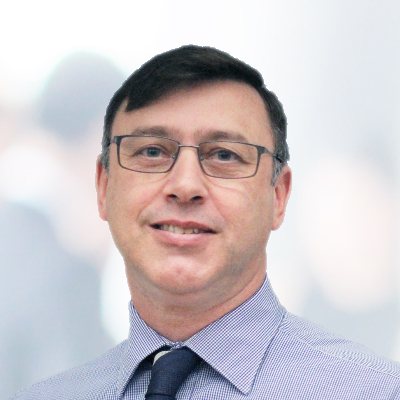
Research Foundation Chairman
Executive Director - SafeWork Special Services
Andrew recently commenced in this role after more than 25 years in consumer protection, including 14 years in senior executive roles within Fair Trading.
In his role at SafeWork NSW, Andrew is responsible for the delivery of the innovative Work Health and Safety Roadmap 2022 initiatives, WHS legislative frameworks, underpinning policies and inspector practice, and field services.
Within his portfolio, Andrew also chairs the Centre for Work Health and Safety’s Research Foundation and leads TestSafe Australia’s commercial services. Field services are supported by Andrew’s specialist technical groups in the areas of engineering, hazardous chemical facilities and workplace health, including mental health and return to work approaches.
Andrew is also the NSW representative on the Heads of Workplace Safety Authority Committee, charged with implementing the national workplace safety agenda and harmonising activity across jurisdictions.
He is on the board of the Society of Consumer Affairs Professionals Australia, having also held the position of President and Vice-President.
In previous executive appointments, Andrew has had responsibility for the strategic management of Fair Trading's contact centre, complaints services, licensing, real estate and residential bonds, community grants programs and regional services.
Andrew has overseen the implementation of major consumer-driven technology solutions including the rental bonds online system, and applications to support consumers in their daily transactions.
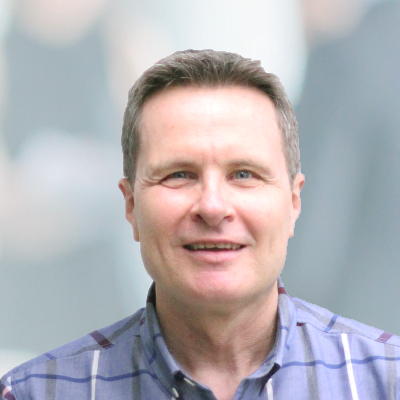
University of Tasmania
Philip Bohle's research concentrates on occupational health. The research stream on working hours and health has contributed substantially to knowledge of structural relationships between working hours, social and organisational support, work-related control, work-life conflict and health. Related research focussed on the psychometric refinement of diurnal type measures.
Professor Bohle's second stream of research on precarious employment, principally conducted in collaboration with Professor Michael Quinlan, has yielded well-cited literature reviews, empirical studies and theoretical contributions on the mechanisms through which precarious employment affects health and safety. A further stream of research on workforce ageing has examined individual and organisational variables affecting the work attitudes, workforce participation, and health and safety of older workers. Related projects have evaluated and refined measures of work ability' and tested the efficacy of work ability interventions for improving the health and retention of older workers.
The final stream concerns the impact of traumatic workplace death on the families of victims and the support provided to them by institutional bodies and other organisations. Since 2001, this research has attracted over $7.8million in grant funding from the Australian Research Council, the National Health and Medical Research Council, and the Social Science and Humanities Research Council (Canada). Professor Bohle has also been awarded substantial research funding from various institutions and other organisations during this time.
Professor Bohle has worked at The University of Queensland, Griffith University, University of Sydney and The University of New South Wales, where he was Head of the School of Industrial Relations and Organisational Behaviour (2000-2003) and Director of the Industrial Relations Research Centre (2000-2001). He has held visiting appointments at The University of Sheffield, The University of Wales Swansea, The University of Connecticut, The University of Oldenburg, Maastricht University and the Finnish Institute of Occupational Health.
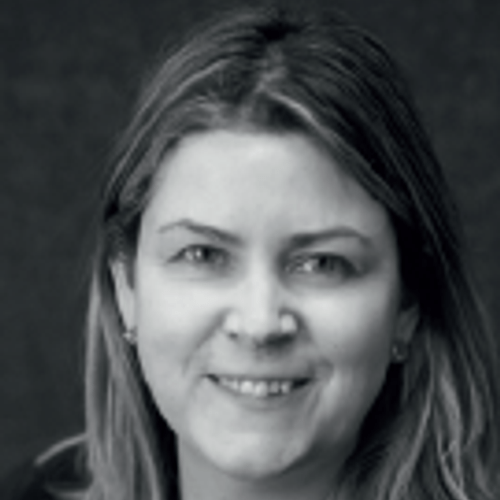
Director, Injury Prevention, Recovery and Health Strategy
State Insurance Regulatory Authority
Petrina Casey has over 25 years’ experience working in the insurance, disability and life insurance sectors in a range of senior strategic, policy and operational roles. Dr Casey joined the State Insurance Regulatory Authority (SIRA) in August 2015 and led the delivery of significant reforms in the workers compensation and home building compensation schemes. Petrina has recently assumed responsibility for injury prevention, research and the healthcare strategy across the personal injury schemes regulated by SIRA. She brings a diverse perspective to the table and has a strong understanding of evidence translation, regulatory approaches, risk and social impact. Dr Casey is an academic with Griffith University Business School in the area of insurance compensation scheme design.
She is a former member of the Safe Work Australia Expert Work Health and Safety and Workers’ Compensation Panel and the Deakin University Business School Personal Injury Advisory Board.
Dr Casey holds a Master of Public Health and a Doctor of Philosophy from Sydney University Faculty of Medicine. Her research has principally focused on the intersection between health, legal and claims outcomes in a personal injury compensation policy setting.
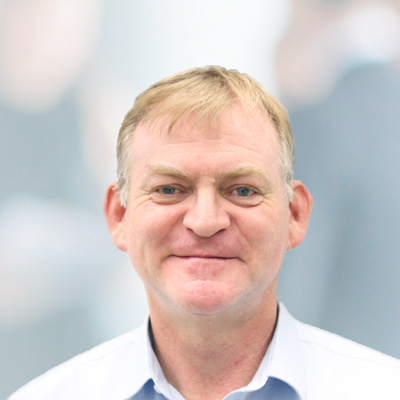
Independent member
David has had a diverse career in leadership roles across government, private and not for profit sectors. Most recently, he was the CEO of Australian Institute of Health and Safety.
In NGOs, David has worked as Chief Executive of two industry bodies and a disability services organisation. He has also worked with the commonwealth government in the employment services field, and in the private sector has established two small businesses in business training and development and in theatre production.
Throughout his career, his salaried work has been supplemented by a wide range of management consulting work, primarily but not exclusively with NGOs, with a focus on strategic planning, governance, responding to critical problems, and change management. David has sat on numerous NGO boards, and recently graduated with honours in an MBA. David is responsible for all aspects of operations at the AIHS. This includes building a strong administration capable of providing industry leadership across all of our functional working areas, delivering high quality products and services to the membership, as well as proving the support needed to expert industry leaderships groups such as the College of Fellows, and to the many active AIHS members throughout Australia.
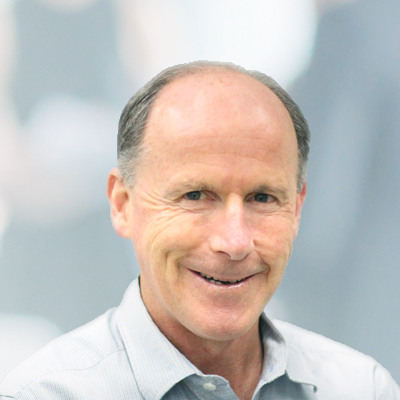
Professor, Public Health
University of Sydney
Tim Driscoll is the Professor of Epidemiology and Occupational Medicine at School of Public Health, University of Sydney. His main area of teaching is epidemiology at the post-graduate level. Tim also contributes to teaching in burden of disease, occupational health and safety and injury in the Master of Public Health and the Graduate Medical Program.
His main research interest is the epidemiology of work-related injuries and diseases, with an emphasis on work-related fatal injury. Tim is also interested in data systems that facilitate the effective recording and analysis of injury and disease information, and how best to use surveillance and research data in planning and prioritising interventions aimed at decreasing the frequency and severity of work-related and other disorders. He has worked for several years as a member of the team considering occupational risk factors in the WHO Global Burden of Disease Comparative Risk Assessment.
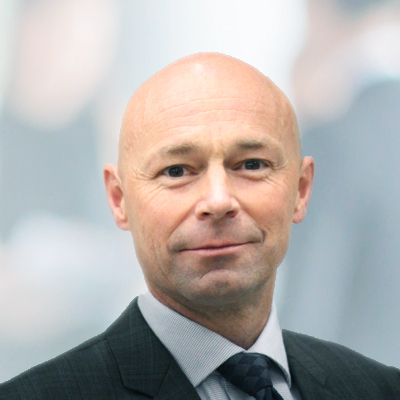
Professor of Psychological Medicine, Psychiatry, Central Clinical School, and Brain & Mind Centre
University of Sydney
Nick Glozier is a consultant psychiatrist specialising in epidemiology, clinical trials and health services research. In particular he focuses upon the links between mental health and phsyical conditions, in particular sleep and neurological disorders, and how the interplay with the changing psychosocial and technological environment leads to work related disability, stress, stigma and discrimination.
In nine years since arriving in Australia he has been awarded over $17 million in nationally competitive grants as a Chief Investigator, including two current NHMRC Centres for Research Excellences and a $3 million program on wellbeing@work funded by Beyondblue and Movember.
In the late 1990’s Prof Glozier worked at the World Health Organisation and is an author of the WHO’s Disability Classification system, the ICF, sister to the ICD-10 diagnostic system and was part of the development team for the WHO Disablement Assessment Schedule (WHODAS –II). He has a number of projects in developing settings. He is a consultant to Government organisations, Mental Health commissions, NGOs such as RUOK?, and industry. He is a member of Healthy Sydney University and the University-wide Health and Work Research Network
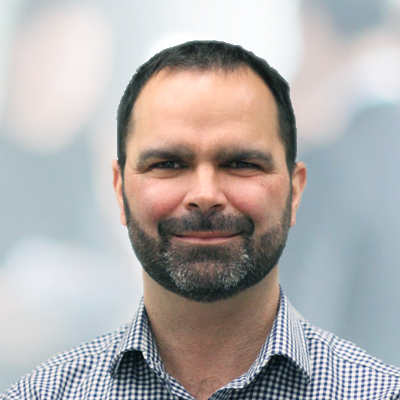
Executive Director and Chief Scientist
Black Dog Institute
Prof Samuel Harvey is the Head of Workplace Mental Health Research Program at the University of New South Wales (UNSW) and a Research Fellow at the Black Dog Institute (BDI). He is a psychiatrist, general practitioner and epidemiologist whose research focuses on the relationship between work and mental health. Prior to moving back to Australia in 2011, Dr Harvey worked at the internationally renowned Institute of Psychiatry in London. He now leads a team of researchers at UNSW/BDI examining the role work may have in precipitating mental illness and evaluating workplace-based mental health interventions. Over the last five years, Dr Harvey has successfully obtained over three million dollars in grant funding and has established active collaborations with research centres in London (King’s College) and Norway. In 2009, he was awarded the UK Royal Society of Medicine Young Epidemiologist of the Year.
Together with colleagues from the UNSW and the Black Dog Institute, Dr Harvey is directing a 3 year program of research focused on the mental health of NSW emergency workers. The aims of the new program of research are relatively broad, but include trying to establish ways of identifying which emergency workers are at risk of developing mental health problems, considering ways of preventing mental disorders and testing new interventions to help promote early identification and return to work amongst unwell emergency workers. Alongside their work with emergency workers, Dr Harvey and his team are also examining the links between work and mental health in the general population and considering how new e-health technologies can be better utilised within workplaces.
Clinically, Dr Harvey has considerable experience in assessing and managing mental health problems in a variety of settings, but with particular expertise when mental health and physical symptoms occur together. Prior to moving to Sydney, he ran and expanded the National Health Service (NHS)’s first specialist Occupational Psychiatry clinic, which provided work-focused mental health assessments for a range of organisations, including the NHS, the London Ambulance Service and the UK Houses of Parliament. Dr Harvey continues to works as a consultation liaison psychiatrist at St George Hospital in Sydney, where he runs a specialist renal psychiatry clinic. He is also currently the Chair of South Eastern Sydney Network Governance Committee, which has overall responsibility for specialist training in Psychiatry throughout South Eastern Sydney, and an Associate Editor for BMC Psychiatry.
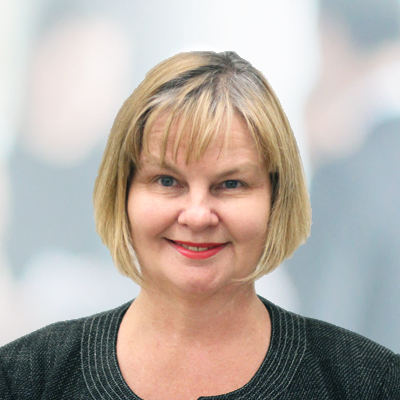
Professor Design and Social Context
RMIT
Distinguished Professor Lingard leads a program of research in the field of construction occupational health and safety and work-life balance. Her work balances theoretical, applied and translational research and focuses on addressing the practical challenges inherent in improving workers’ health, safety and wellbeing in the construction industry.
She was the recipient of an ARC Future Fellowship in 2009. She currently supervises a number of higher degree by research (HDR) students undertaking research in health and safety and/or work-life balance in the construction industry. She recently completed a five-year international benchmarking study of construction health and safety.
Her research has been funded by government agencies and public and private sector construction organisations, and she has been a chief investigator in five ARC Linkage Projects and one Discovery Project. She was also awarded an inaugural ARC Future Fellowship to deliver a program of research titled “Differentiation not disintegration: Integrating Strategies to Improve Occupational Health and Safety in the Construction Industry”.
In 2007, Distinguished Professor Lingard was an author of The Guide to Best Practice for Safer Construction. This guide documented the first industry-wide agreement on allocating responsibility for occupational health and safety (OHS) in construction projects. The guide won the Engineers Australia National Engineering Excellence award in 2010.
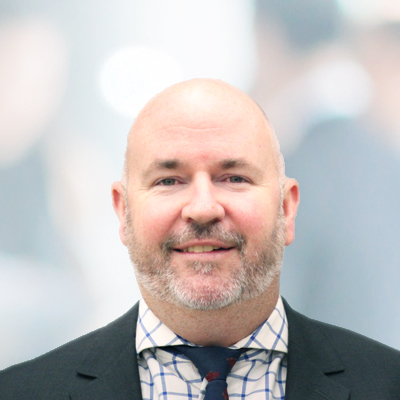
FISQEM, Certified Lead Auditor OH, QM, EM; Executive Officer Safety & Risk
Master Builders Association
David has worked in the Building & Construction Industry for over 32 years. He is the Master Builders Association of NSW Executive Officer Technical, Safety & Risk. David is a “Fellow” and dual international ISQEM Safety Award Distinction recipient 2015 & 2016, for his commitment and involvement in developing a positive safety culture in the Building and Construction Industry. He was recently appointed to the board as an International Director of ISQEM.
David is recognised as a “Standards Expert”. He is Standards Australia Chairman of Occupational Health and Safety Management Committee, Standards Australia 45001 International Head of Delegation. David is also the Convenor of ISO TC283 WG4 leading the working group responsible for the development of a new standard “ISO45004 OH&S Performance Evaluation” scheduled to take 36 months, intended to complement ISO 45001.
David is a Director on the Crane Council of Australia Board, an exemplar Global Certified Management Systems Specialist (Lead), a Master OH&S Auditor and is their 45001 exam and scheme Chairman. He is also PwC’s External Advisory Board Chairman for their Certification Accreditation Body.
David regularly reviews documentation for Australian State and National Government departments including the following subject matter, Auditing, Safety and Transport for relevance, corporate governance and compliance. He leads by example, driving safety awareness never losing sight of our grass roots.
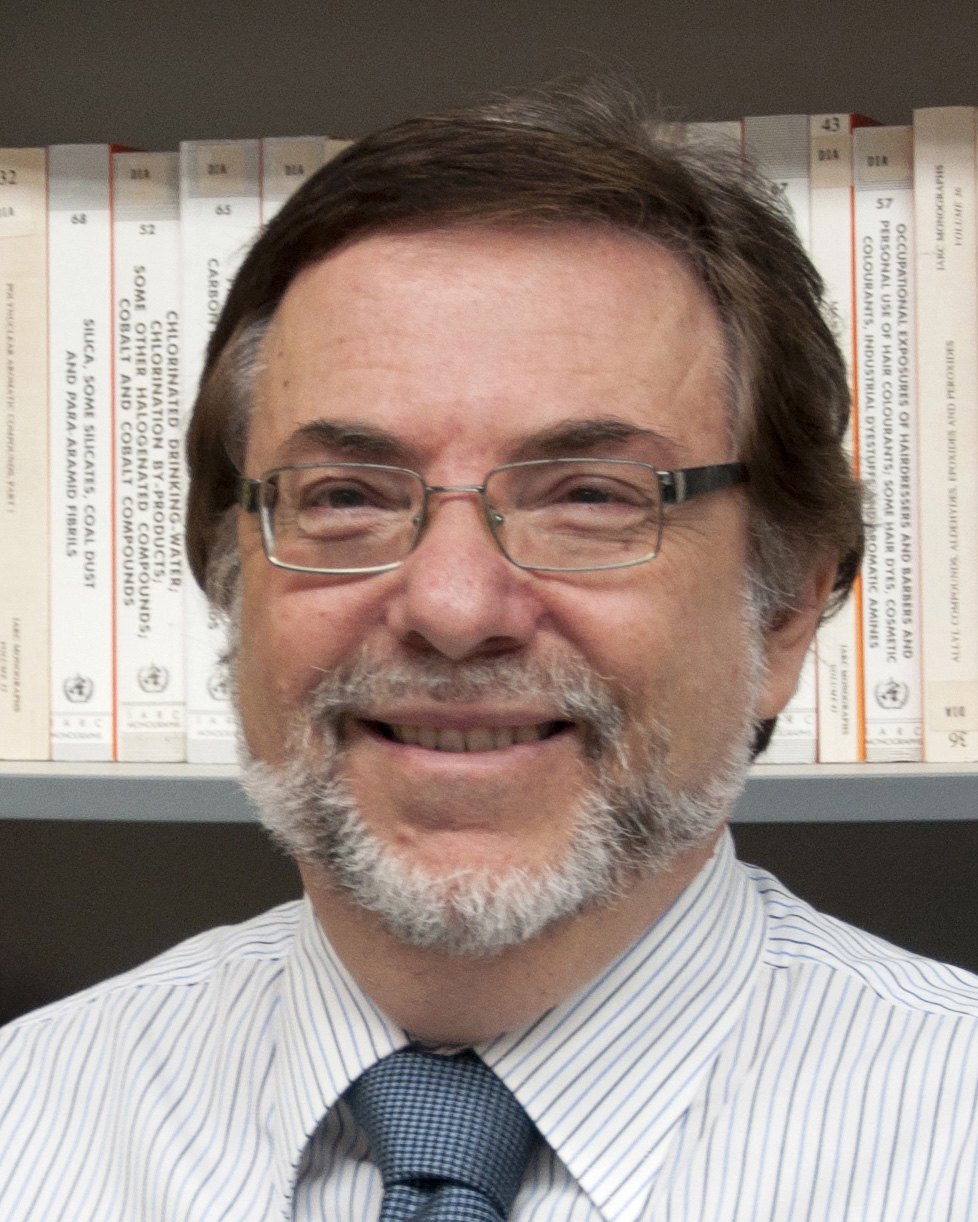
University of Adelaide
Dino Pisaniello is Adjunct Professor in Occupational and Environmental Hygiene and founding Director of the OEH Laboratory and Adelaide Exposure Science and Health in the School of Public Health at the University of Adelaide. He is Visiting Professor at the University of Indonesia and Chair, College of Fellows of the Australian Institute of Health and Safety.
Dino is a Past President of the Australian Institute of Occupational Hygienists and a past Australian Secretary of the International Commission on Occupational Health.
From 1997-2021, he was the Chief Technical Advice Coordinator (HAZMAT) for the South Australian Emergency Agencies.
He has led projects for various national and international funding bodies and organisations including ARC, Commonwealth Department of Health, US Department of Defense, DSTG and Safe Work Australia. He is a Chief Investigator on current ARC Discovery and MRFF grants.
Dino works with various professional and industry groups to translate evidence into practice in order to advance the health and wellbeing of communities in Australia and internationally.
A Researcher Profile and further details are at http://researchers.adelaide.edu.au/profile/dino.pisaniello
ORCID http://orcid.org/0000-0002-4156-0608
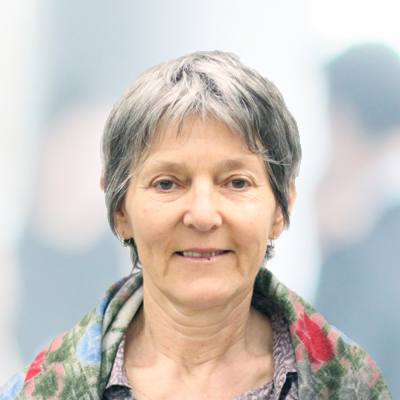
Professor and Director, Research School of Population Health
Australian National University
Dr Strazdins is a Professor and ARC Future Fellow (PhD Psychology, M Clinical Psych) at the National Centre for Epidemiology and Population Health, the Australian National University. She is a recognised leader in the field of work, family and child wellbeing, especially the role played by the quality of parents’ jobs and the pressures and challenges on families to combine work with caring. Lyndall leads the work and family component of the Federally funded Longitudinal Study of Australian Children, a study of 10,000 families, and has or currently serves as a scientific consultant to Government, including the ACT Health Promotion Branch, the Department of Veteran Affairs Human Rights and Equal Opportunity Commission and the Defence forces and a consultant to the Paid Parental Leave Evaluation. She also collaborates with National NGO organisations regarding social policy for Australian families. In 2011, Dr Strazdins was awarded an Australian Research Council Future Fellowship investigating time as a resource for health.
Lyndall's research focuses on contemporary predicaments of work and care and their health and equity consequences, viewing health as inter-linked within families. More recently she has been developing theory on time as a social determinant of health and seeking to understand the significance of time as a resource, like money, which not only structures power relations and gender inequality but also peoples’ capacity to be healthy.
